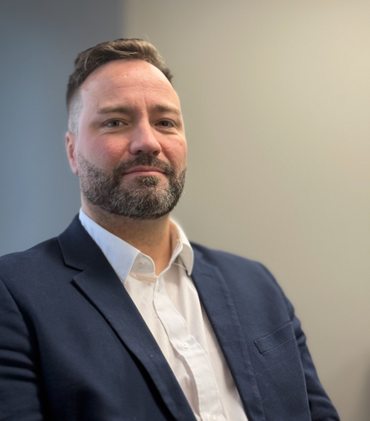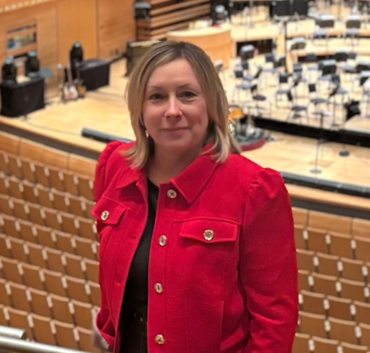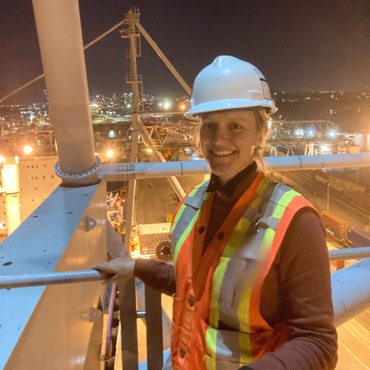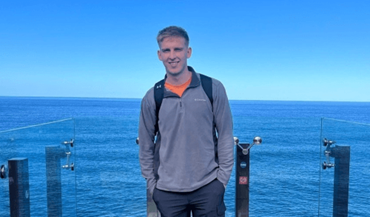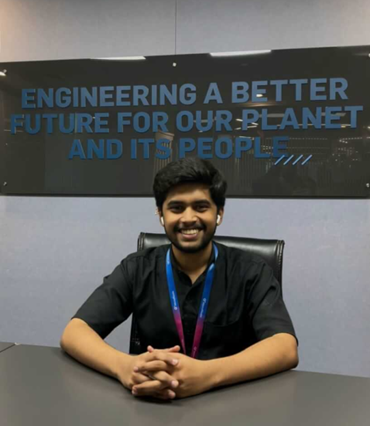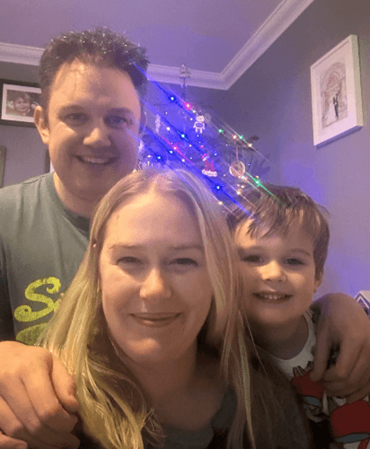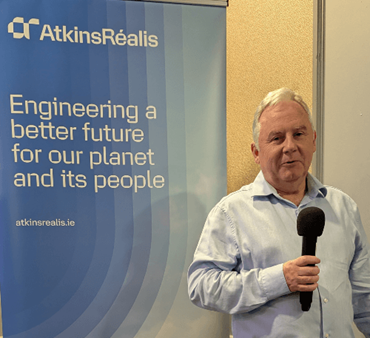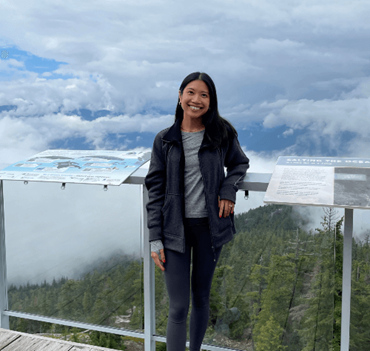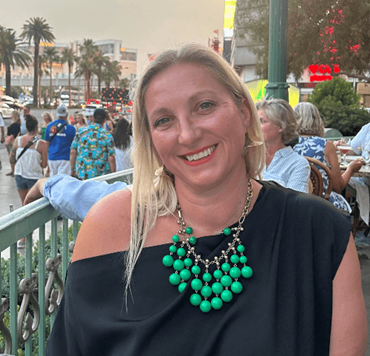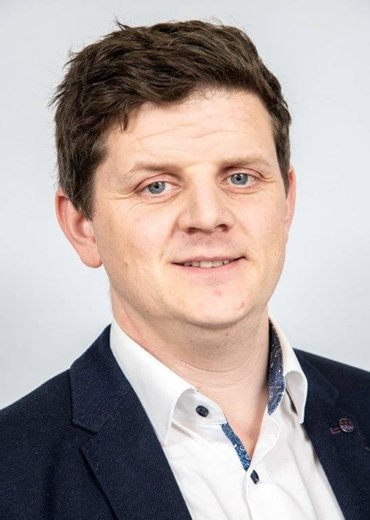Let’s find your next opportunity
AI Assistant: {{ chat.assistant.message }}
Suggested roles matches
Sort By
{{ job.job_posting_title }}
{{ job.is_cms_job ? (job.cities.split(';').length > 1 ? 'Various locations' : job.location_mappings[0]) : (job.location_mappings.length > 1 ? 'Various locations' : job.location_mappings[0]) }}
We are sorry there are no jobs that match your exact criteria. Try a new search term, or use the filters to continue browsing for available opportunities.
Suggested roles matches
{{ job.title }}
{{ [job.cities[0], job.regions[0], job.countries[0]].join(', ') }}
Various locations
We are sorry there are no jobs that match your exact criteria. Try a new search term, or use the filters to continue browsing for available opportunities.
Let’s find your next opportunity
{{ job.job_posting_title }}
{{ job.is_cms_job ? (job.cities.split(';').length > 1 ? 'Various locations' : job.location_mappings[0]) : (job.location_mappings.length > 1 ? 'Various locations' : job.location_mappings[0]) }}
Hi there! I'm Paul, a civil engineer with over 25 years of experience specializing in networks and drainage engineering. My role at AtkinsRéalis spans managing projects, directing major initiatives, developing and leading a team of talented engineers and modellers. I enjoy a wide range of tasks and challenges, from recruitment to technical advice on global projects, analyzing storm overflows to improve environmental protection, and financial performance for our teams.
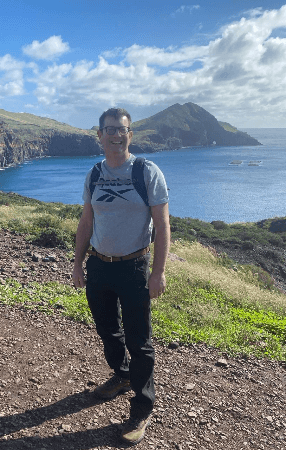
So why did I start my career in sewerage?
I came into the water sector because I wanted to improve the environment for us and future generations while providing a basic life requirement. Basic sanitation systems have saved many more lives than medical interventions. But because so much of it is "out of sight" of the general public, it's an under-appreciated industry.
I gained excellent training, hands-on experience, and diverse skills!
I joined AtkinsRéalis as a graduate in 1997 and was enrolled in the Institution of Civil Engineers (ICE) training scheme. I spent the first couple of years working on sewerage-related schemes, including outline design of pipelines, pumping stations, treatment works, and compilation of tender documents. Then, I worked on drainage area planning—building, verifying, and using hydraulic models to assess the performance of wastewater networks while also looking at the asset condition of pipework.
Career-boosting opportunities in significant programs
Having had a couple of short-term secondments to Southern Water related to sewer property flooding, I then spent a further two years on secondment into the capital delivery team based on site on the Isle of Wight building a £70 million new wastewater treatment works as an assistant project manager, dealing with contract administration, site supervision, and cost control activities. This provided the core of my early career development, allowing me to become a chartered engineer and member of the ICE in 2002, with a membership in CIWEM.
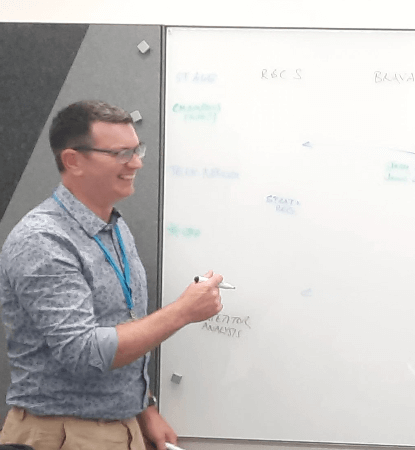
Engineering a better future for our water resources
Working on these sewerage-related schemes early in my career honed my technical skills and made a tangible difference. By improving the design and functionality of wastewater management systems, we helped prevent pollution and safeguard public health, contributing to cleaner waterways and more sustainable urban environments. These projects underscored the vital role of effective drainage and sewerage management in protecting our planet and enhancing the quality of life for communities around us.
A fulfilling career and rewarding family life in AtkinsRéalis
In 2006, I shifted to a fully home-based, part-time role to care for my children while my wife worked full-time—a rare arrangement for a senior engineer then! Far from holding back my career development, I was promoted to Associate during this time. This means I started leading larger projects, overseeing teams, and developing into a key technical authority in my field. I also took on secondment roles to Anglian Water and bid manager roles for some of our major water industry frameworks while also taking the lead for the wastewater team based in Epsom.
Working from home and leading a talented team
I returned to full-time work and was promoted to chief engineer G15 in 2018 before becoming practice manager for the Network and Drainage Solutions team, London and Southeast region. Although I remain officially home-based, I manage a team of around 55 clean and wastewater modelers and infrastructure drainage design engineers across the Peterborough, London, and Epsom offices.
Innovating urban drainage systems
During my career, I've had opportunities to transform how we design and manage urban drainage systems in the UK and internationally. Everything from strategic planning and setting policies to hands-on work with drainage area planning, improving overflow performance, managing assets for better resilience, and managing surface water. Some of my most exciting roles have been leading and managing significant projects to make our cities' water systems smarter and more efficient.
Challenges facing the water sector
Societal expectations are high, and current performance levels regarding sewer overflows are unacceptable. But, there needs to be more awareness and understanding about what is required to improve matters. Many of us are probably guilty of paving a driveway to park a vehicle or making home improvements that ultimately lead to more rainfall entering the sewers. But, most don't appreciate the impact of this and what it really will mean to change our legacy networks of foul and stormwater collection.
Solving barriers to a better future
My recent work on Thames Water's Drainage and Wastewater Management Plan shows the size of the challenge and how the balance between meeting public expectations, paying what we are willing to pay, and valuing our own homes and personal environment over others can be a barrier to a better future.
My personal passion and future vision
Outside of work, I'm a passionate birdwatcher, and this furthers my whole-hearted belief that using blue-green infrastructure to solve water sector problems while also delivering meaningful biodiversity gain, well-being, and human health benefits is the solution. It will take our industry, organizations, and individuals to truly collaborate beyond just engineering and engage our communities to overcome personal, administrative, and functional barriers. But, if done right, the legacy will be there for future generations.
Check out this other interview with Paul to learn what working in the Network and Drainage Solutions team is like. Then, browse this link to find a role with us today !
Related blogs
Related jobs

Everyone belongs
We empower each individual to shine and contribute to our collective impact. We believe in the power of unique perspectives. It’s how we’re engineering a better future every single day.


